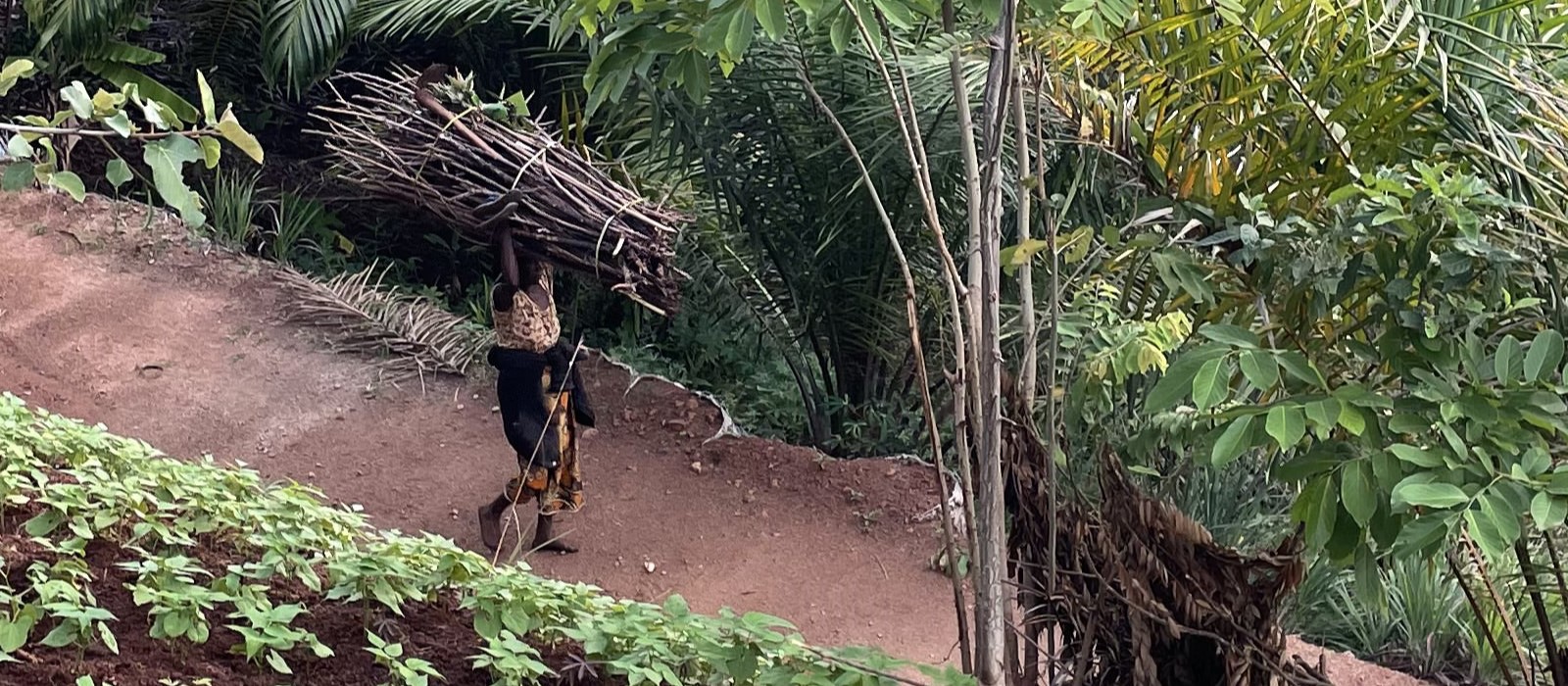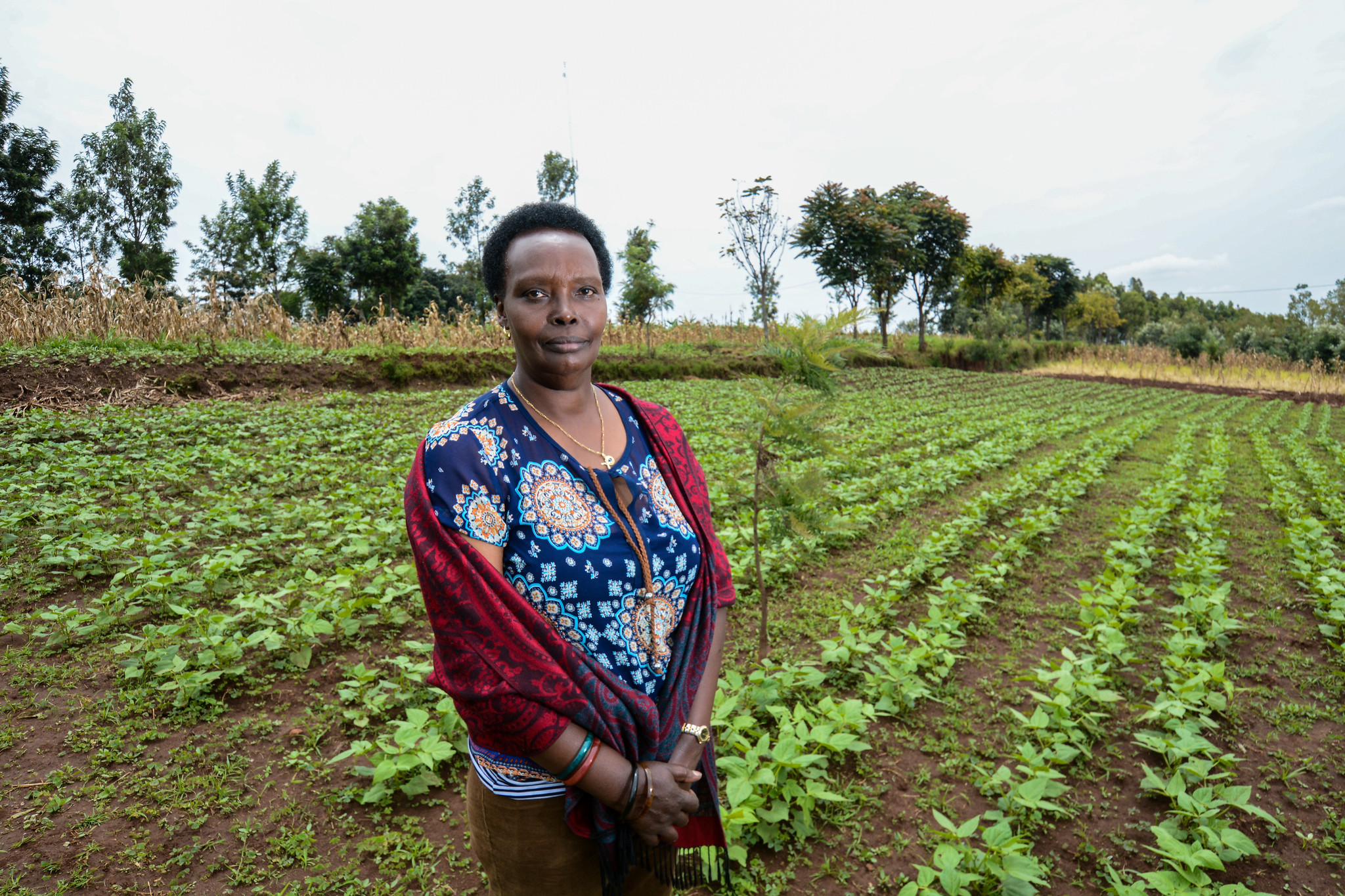Projection bias in the uptake of agricultural technologies

Burundi | Luisa Cefala
Study Context
Low take-up of seemingly profitable technologies among smallholder farmers remains a puzzle. Present focus is often cited as a potential explanation for low take-up of seemingly beneficial behaviors when there is an inter-temporal trade-off between present costs and future benefits. This intuition is leveraged, for instance, by Duflo, Kremer and Robinson (2011) who find evidence that Kenyan farmers are present biased and procrastinate purchasing fertilizer, leading to subsequently lower yields. The research team proposes, however, that how farmer’s beliefs about the utility value of taking up such a technology are influenced by their current wealth state. They argue that since many important decisions regarding input usage and farming investment are made right after harvest, farmers in this relatively “good” state might fail to adopt profitable technologies because they under-weight the probability of negative future events (such as poor crop yields) that proper soil management could mitigate in the future. In other words, the researcher’s posit that there is projection bias in farmer’s decision-making – when farmers are in a time of plenty they find it hard to imagine times of less, and therefore underweight the probability of these states in their decision making.
Study Design
The study team conducted more than 20 long focus groups with farmers (both female and male) regarding the determinants of investment choices in agricultural input and agricultural investment. They also conducted ~100 shorter surveys to elicit the same in a broader population. Crucially, we ran these surveys both before and after harvest. The key outcome from this data collection was to understand which factors farmers take into consideration when making their investment decisions, and whether this changes over the course of the agricultural season. To get more insights regarding the team’s hypothesis (present focus vs projection bias), they also looked at farmers’ beliefs about future states of the world, and their interest in taking up a hypothetical commitment device at harvest.
Results and Policy Lessons
The scoping work did not lead to developing a full research project. While the research team noticed an overall pattern of over-optimism after harvest, they believe that –at least in our context (Burundi)– other constraints are first order. It appears that the marginal utility of consumption of the average farmer is “too high” for saving and investment. We believe that programs which increase current productivity and wealth (such as productivity-enhancing technologies, which the research team studied here) might be more suitable in the short-term. Moreover, the scoping work uncovered another important variable for farmers’ investment decisions: beliefs about inflation. During our conversations, reference to inflation and how it could affect future investments was recurrent. The research team plans to explore this topic in upcoming research.


